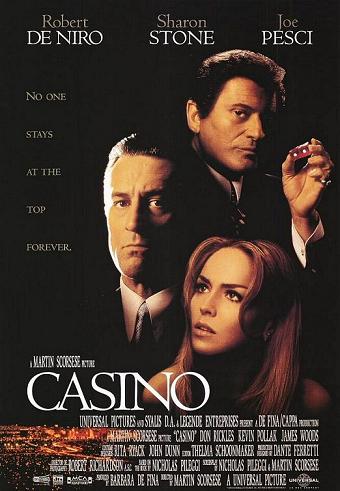I once found myself on bar stool in Hollywood seated next to the writer Elmore Leonard, eventually striking up a conversation I told him how much I enjoyed his work and of my own desire to write but that my spelling and grammar was so bad I never bothered to start. He looked me up and down with disgust and said, “That’s got nothing to do with writing.” He finished his drink and left me with those words. Elmore Leonard freed me that day and set me on the path of a writing life.

What I didn’t have was any experience writing in Hollywood or a road map of how to go about getting such knowledge. That is what Lawrence Meyers new book, Inside the TV Writer’s Room, does; it sets one free onto an honest road of what it takes to write TV in Hollywood. The book talks directly to you from the inside out and lets you know it’s okay to be yourself. In fact, the book insist that you be yourself and guides you in finding your own voice.
From the start, you know you’re not reading another book by some hack TV writer whose credits are two episodes of Gilligan’s Island when in the introduction; Mr. Meyers challenges the reader with this opening:
…aspiring television writers are asking how to break into the television business. They are asking the wrong question. The real answer to knowing how is to ask why and what.
Chapters that follow Mr. Meyers honest opening are not only insightful but instructional as well, asking you a series of how questions not from a professorial tone, but from the answers given to Mr. Myers from his group of seasoned writers. This all leads the reader to practical advice for succeeding in TV.
What is so great about Inside the TV Writer’s Room is that it’s less a monologue of instruction from a veteran of the TV writing world as Mr. Meyers is, and more a journey of those who write in TV now and how they got there. Mr. Myers has edited the book in such a way that it gives the reader the feel of being invited to a dinner party with some of Hollywood’s top TV talent. And what a feast it is as these highly accomplished TV writers carve up not only where they came from and how they got where they are today, but also share some secrets. Writers who have credits ranging from Chicago Hope, to Star Trek, to CSI: Miami discuss writing for TV in an honest and open tone. That’s something a rookie writer trying to find his way in Hollywood will rarely get face to face. Reading the book one gets the sense these writers genuinely like not only what they do, but also each other. I found that comforting in what is widely known to be a cutthroat business.
What makes Inside the TV Writers Room fun, (and I’ve never read a book on writing that was fun like this one is) is that in each chapter Mr. Meyers gives you a short list of suggested TV episodes to watch that correspond with the chapter you are about to read. I took this instruction to heart and watched episodes from shows as diverse as The Unit written by David Mamet, Deadwood by David Milch, and an episode of Six Feet Under by Alan Ball. Viewing those shows gave me a greater point of reference and insight into what the discussion was about and how it plays out when it goes from concept, to paper to performance.
It’s in the realm of performance that Mr. Meyers really gets it when it comes to writing, because he tells you that knowing the actors process is key to crafting the written word for the actor. When Mr. Myers talks of actor/writer Frank Military he says, “Frank Military became a successful actor because of his ability to sweep the thought aside. The same is true as to how he became a successful writer.”
Sweep the thought aside. That is without a doubt the best piece of advice I have ever read when it comes to not only acting, but also writing. Not knowing what the actor goes through with the writers words is akin to trying to find your way in the dark with a flashlight that hold no batteries. As a former actor, I always found it frustrating when trying to explain to writers where I was coming from, because most of them just didn’t get it. Mr. Meyers understand this and for that reason more than once in the book he suggests that writers take acting lessons. With insight like that this book will surely sent you on the right path to writing for TV whether your spelling and grammar is proper or not.
If you want to write for TV, Inside the TV Writer’s Room is the book for you, it cares about your outcome because it doesn’t simply just tell you how, it helps you find out why and what you should be doing to get to that how.
A fun read that left me missing the Hollywood writing game.
[Ed. Note: Tomorrow and Friday we will be posting exclusive excerpts of “Inside the Tv Writer’s Room”]
COMMENTS
Please let us know if you're having issues with commenting.